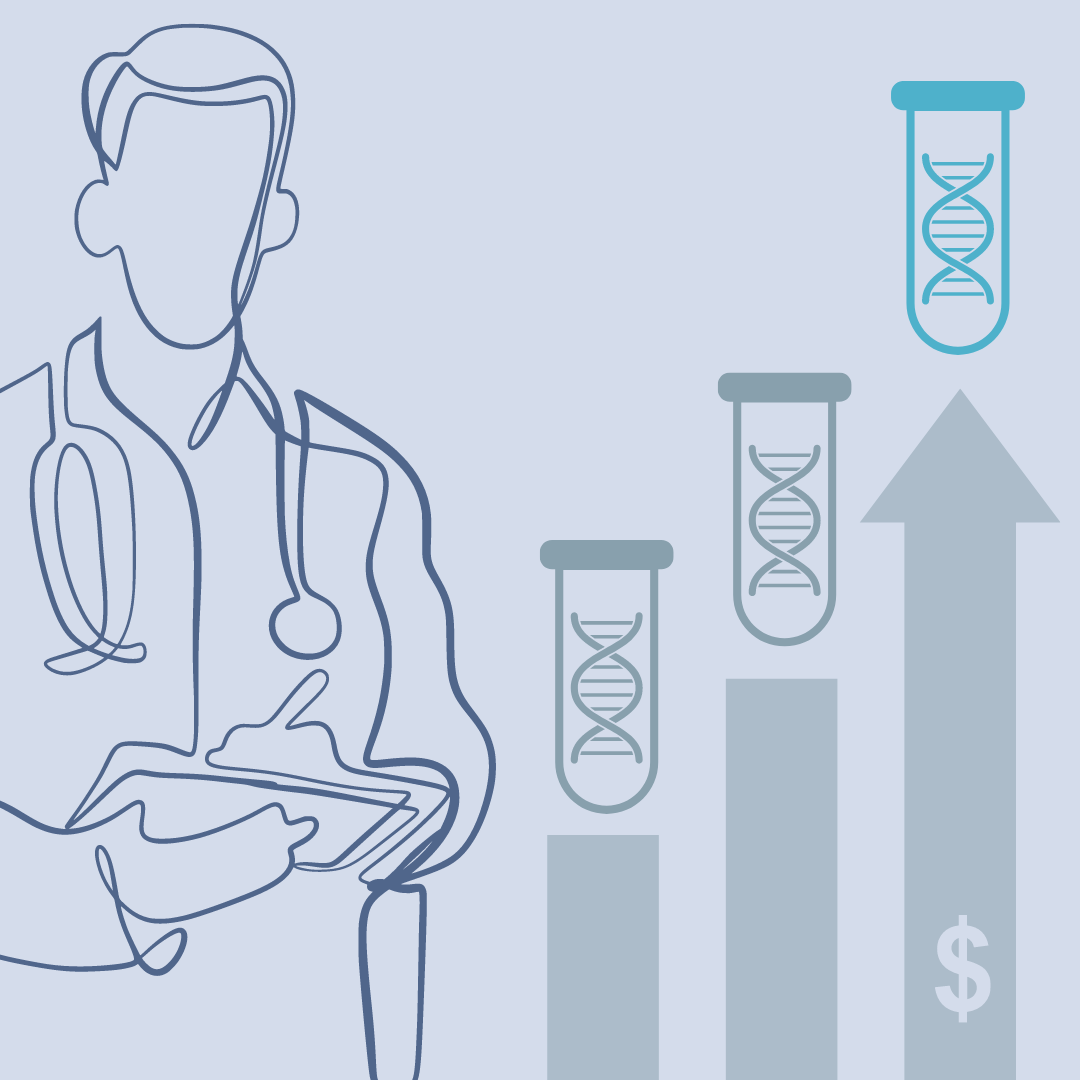Aspiring Parents Have a New DNA Test to Obsess Over
By Kristen V. Brown,
The Atlantic
| 01. 15. 2025
The first time Jamie Cassidy was pregnant, the fetus had a genetic mutation so devastating that she and her husband, Brennan, decided to terminate in the second trimester. The next time they tried for a baby, they weren’t taking chances: They would use IVF and screen their embryos’ DNA. They wanted to avoid transferring any embryos with the single-gene mutation that had doomed their first pregnancy. And then they started wondering what other ailments they could save their future son or daughter from.
The Cassidys’ doctor told them about a company, Genomic Prediction, that could assess their potential children’s odds of developing conditions that aren’t tied to a single gene, such as heart disease, diabetes, and schizophrenia. The test wouldn’t be any more invasive than screening for a single gene—all the company needed was an embryo biopsy. The science is still in its early stages, but the Cassidys didn’t mind. Brennan has Type 1 diabetes and didn’t want to pass that condition on, either. “If I can forecast that my baby is going to have less chance to have Type...
Related Articles
By Diaa Hadid and Shweta Desai, NPR | 01.29.2026
MUMBRA, India — The afternoon sun shines on the woman in a commuter-town café, highlighting her almond-shaped eyes and pale skin, a look often sought after by couples who need an egg to have a baby.
"I have good eggs,"...
By Steve Rose, The Guardian | 01.28.2026
Ed Zitron, EZPR.com; Experience Summit stage;
Web Summit 2024 via Wikipedia Commons licensed under CC by 2.0
If some time in an entirely possible future they come to make a movie about “how the AI bubble burst”, Ed Zitron will...
By Arthur Lazarus, MedPage Today | 01.23.2026
A growing body of contemporary research and reporting exposes how old ideas can find new life when repurposed within modern systems of medicine, technology, and public policy. Over the last decade, several trends have converged:
- The rise of polygenic scoring...
By Daphne O. Martschenko and Julia E. H. Brown, Hastings Bioethics Forum | 01.14.2026
There is growing concern that falling fertility rates will lead to economic and demographic catastrophe. The social and political movement known as pronatalism looks to combat depopulation by encouraging people to have as many children as possible. But not just...




